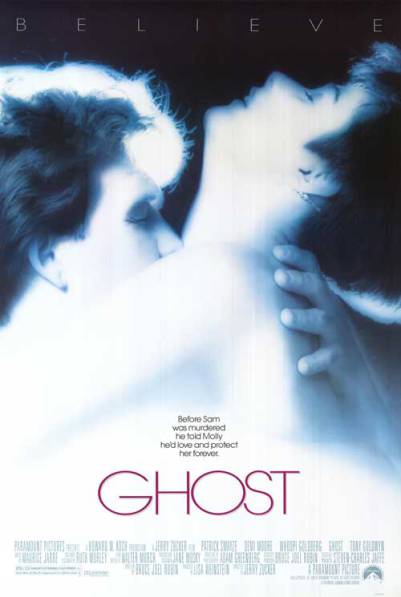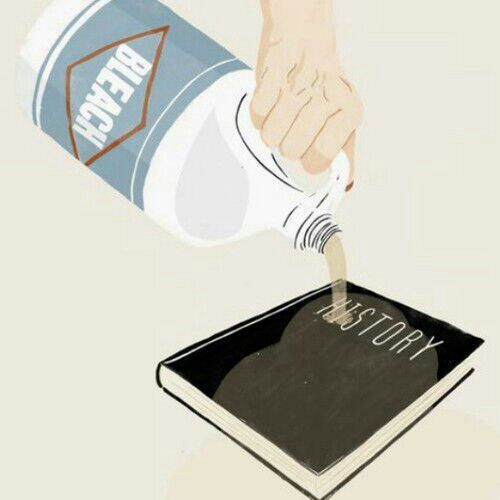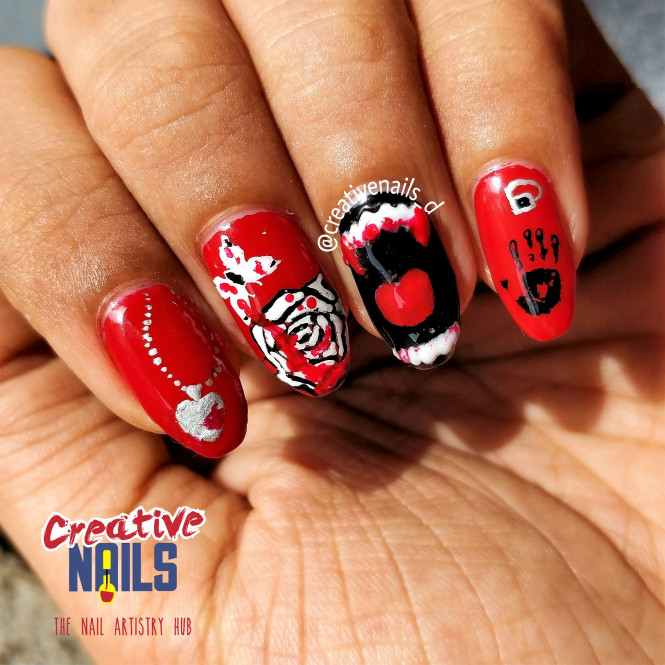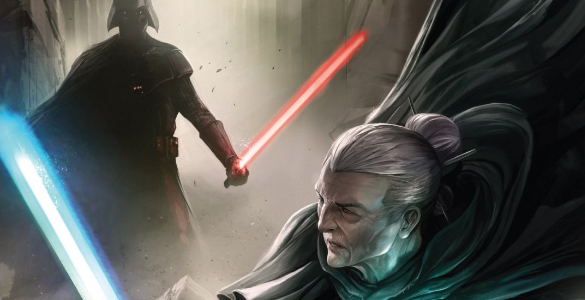
When you think of Ghost, you think of that scene. You know the one. The scene where the scantily-clad young lovers make out at a pottery wheel, as ‘Unchained Melody’ plays on the soundtrack, and the wheel itself produces the most overt tribute to the phallus since the days of D.H. Lawrence.
Yeah, that scene.
Jerry Zucker’s romantic fantasy did big box office business when it was released in 1990. Alas, I had to wait until April 1992 to see this one. There we were, a pack of 12-year-olds travelling back from school camp on a bus decked out with a VCR, when the teachers subjected us to the sight of that terra cotta penis. Won’t somebody please think of the children?!
Okay, so Ghost is set in Wall Street-era New York. Investment banker Sam Wheat (Patrick Swayze) lives an idyllic life with his partner Molly Jensen (Demi Moore). They while away their days renovating their spacious apartment, seeing Broadway shows, and—yes—giving each other clay-covered cuddles.
Then tragedy strikes. Strolling back from the theatre one evening (via the sleaziest and quietest street in the Big Apple, no less), Sam is killed in what appears to be a robbery gone wrong. Trapped on earth as a ghost, Sam discovers the truth behind his death, and that Molly is in danger. The newly minted spectre must turn to pseudo-psychic Oda Mae Brown (Whoppi Goldberg) to avenge his killing and protect his beloved.
Okay, let’s start by discussing the more, shall we say, dubious aspects of this megahit. The film’s politics sits at the top of this list. Ghost’s discourse on race, gender and politics is most obvious in the cringeworthy scene where Oda dons a garish pink suit in order to play rich. Oda’s dodgy record as a spirit whisperer is the source of much humour, in a way that Sam’s (admittedly dangerous) finance career isn’t. And I have to ask: How exactly does Molly earn a crust? Are her clay dicks actually lucrative?
Late in the film, Sam literally enters Oda’s body in order to communicate with—and deliver a final smooch to—his widow. I’m sure that I’m not the only critic to comment on the problems of the white Molly and the African-American Oda being able to bond only via the aid —indeed, the intervention —of a white boy.
The phallus, people. It’s all about that damned white phallus!
And then there’s Patrick Swayze. Far be it from me to diss the departed. Swayze was the man who told the world that nobody puts baby in a corner. The guy had a certain charisma.
Nonetheless, there’s no denying that his acting range was … well, limited. Witness the scene in which the spectral Sam encounters his killer for the first time since his expiration. Swayze’ facial reaction more suggests a response to stepping on dog shit than it does spotting the bloke who ended his life.
But, let’s face it, Ghost isn’t interested in nuance. This film was always about getting bums on seats. The three leads were major box office draws in 1990. It’s difficult to imagine this film achieving the success it did without that trio of performers being present.
(On that last point — what was the name of the actor who played Sam’s killer? Or the bloke who played Sam’s thieving colleague/friend-cum-downfall-enabler? Can you answer these questions without turning to Google? Go on, I dareya!)
There was the film’s poster, which adorned cinema walls, and which was reproduced on the videocassette cover. This poster features Swayze and Moore locked in an otherworldly embrace, and the word ‘believe’ emblazoned above them. Cos nothing will make you give credence to the hereafter more than a softly-lit shot of those two superstars.
And, of course, Ghost is interested in manipulating its viewers’ emotions. This, it does, in grand, no-holds-barred, no-subtlety style. There’s that Righteous Brothers ditty, with its bombastic vocals and its themes of longing stretched across time (“and time gooooeeees byyyyy, so slowwwwllllly …”). There are the quote-worthy lines, among them “ditto” and “It’s amazing Molly. The love inside, you take it with you.”
Actually, that last line was quoted by Moore in a tweet farewelling Swayze upon his 2009 death. It’s a tweet that never fails to make my heart swell, just as that phallic crowd-pleaser did all those years ago.






